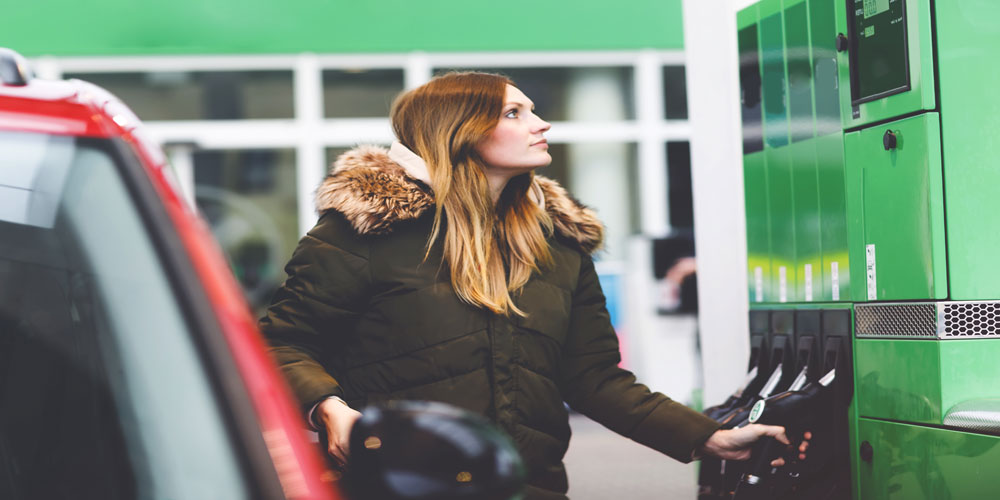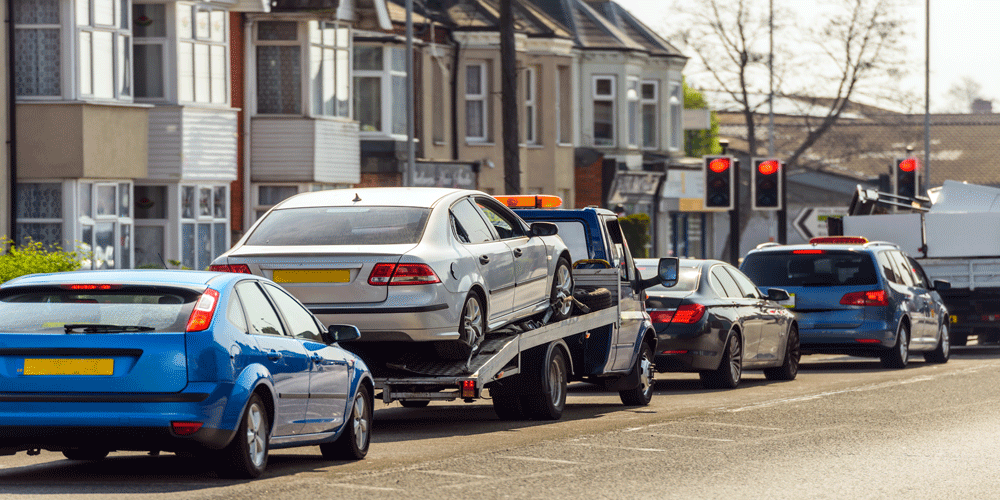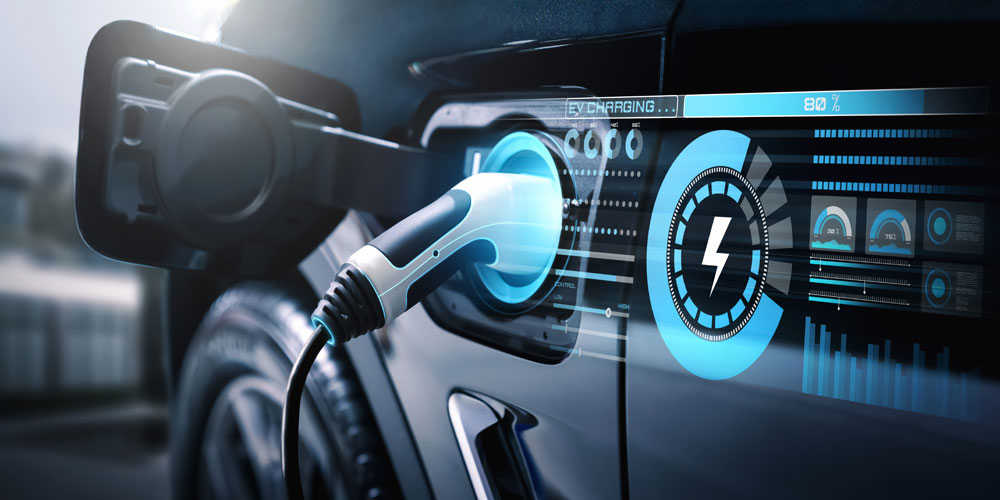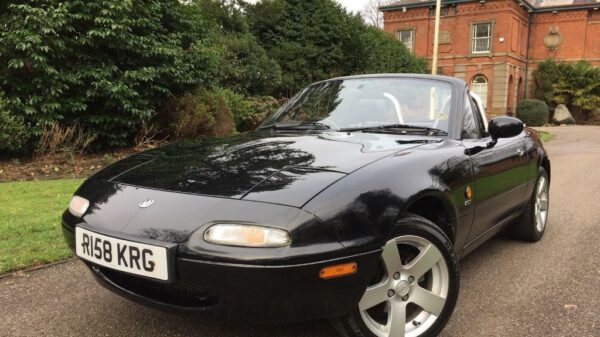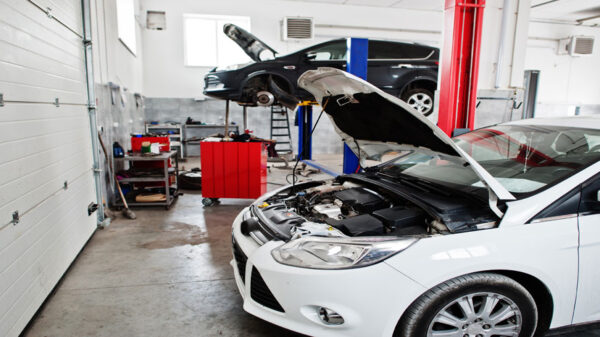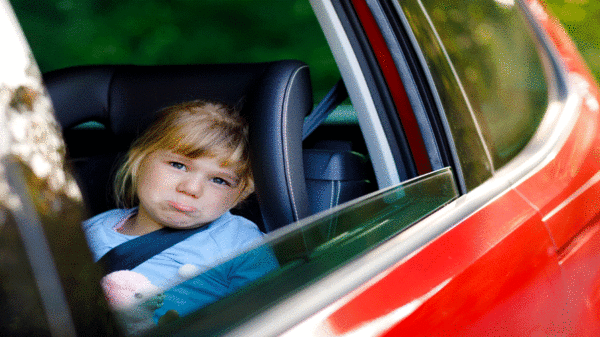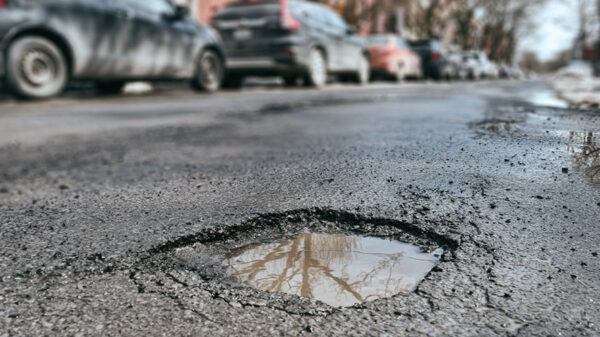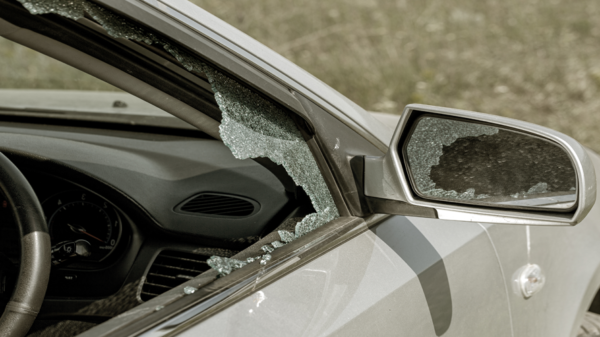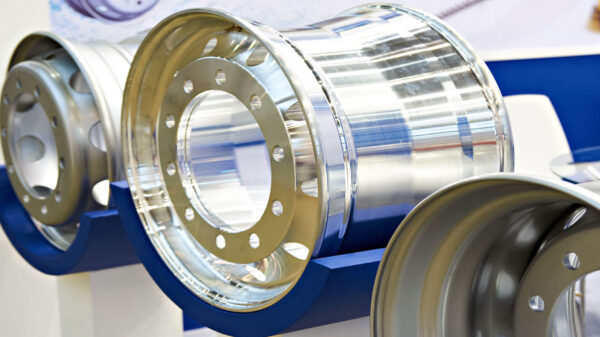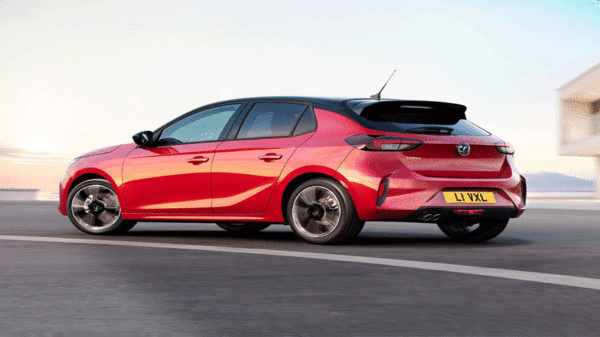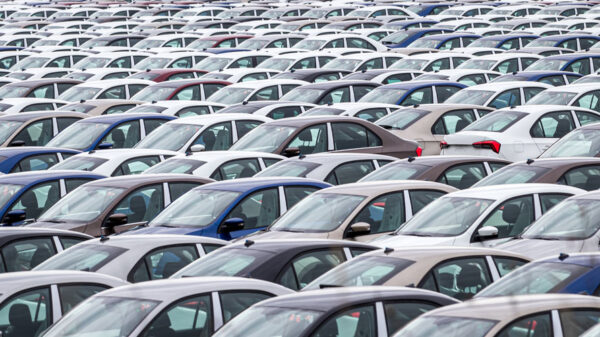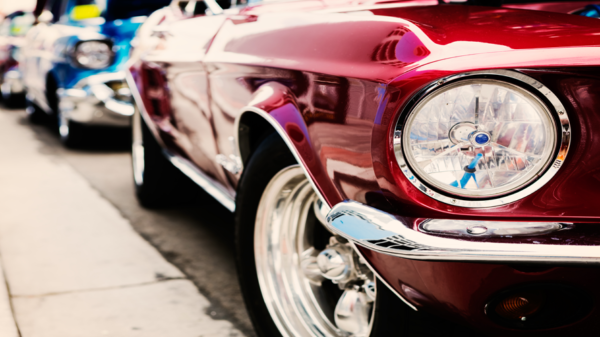UK petrol and diesel prices: diesel slashed by 7p a litre after competition probe. The Competitions and Markets Authority’s move to interview supermarket bosses has led to sudden falls in diesel prices – but there’s still a way to go, the RAC says.
The Competition and Markets Authority’s (CMA) widely publicised move to quiz supermarket bosses about their sky-high diesel prices appears to have prompted significant falls in prices at the pump, the RAC motoring organisation has reported.
After months of campaigning over sky-high pricing of diesel on supermarket forecourts, the RAC says the CMA’s intervention has seen diesel prices cut by more than 7p a litre. The CMA expressed its concern about the possibility of what it called ‘weakening competition’ in the sector and appeared to hint at the possibility of some collusion between supermarkets which was keeping prices high. Following its decision to pull bosses in for questioning, falls in the price of supermarket fuels have accelerated, according to RAC figures.
On 15 May, the CMA reported in its fuel price study that average supermarket diesel margins had risen compared to 2019, and within two weeks of its announcement, the price of litre of diesel fell by nearly 7.5p from 151.02p to 143.58p per litre. Throughout April, in spite of the wholesale price of diesel falling beneath that of petrol, supermarkets were routinely selling diesel at around 9.5p a litre more.
“Since the Competition and Markets Authority’s made its announcement about supermarkets increasing their margins compared to three years ago and said they will be formally interviewing bosses, it appears the rate at which the price of diesel has fallen has sped up,” said RAC fuel spokesman Simon Williams.
“Even today, with 27p having come off the average price of supermarket diesel since the start of the year, diesel drivers are continuing to get a poor deal. For two straight months, it has cost retailers less to buy diesel on the wholesale market than it has petrol, yet they continue to charge more for diesel at the pumps.”
The CMA has promised to announce the results of its ongoing investigations within the next four weeks, and the RAC has expressed the hope that “it heralds an end to poor value at the pumps”.
“We also hope it means the biggest retailers start charging fair prices at all of their sites across the country, and not just at those where they’re competing directly with other forecourts locally,” said WIlliams. “It can’t be right that the same brand can sell fuel for so much more in one part of the country than another – this sort of postcode lottery is wholly unfair to drivers and completely unjustifiable.
The price of fuel can be divided into three sections; the taxes imposed by the Government, the costs of drilling, refining and transporting, and the profit margins for the fuel companies.
For petrol, diesel and bioethanols, the Government gets around 65 per cent of the overall cost through fuel duty and value-added tax (VAT). The fuel duty represents the fixed price of fuel – it stays the same regardless how much overall oil prices fluctuate. Currently, the Treasury adds 52.95 pence to each litre of fuel through fuel duty, and another 20 per cent through VAT. How much you pay in VAT depends on how much fuel you purchase.


